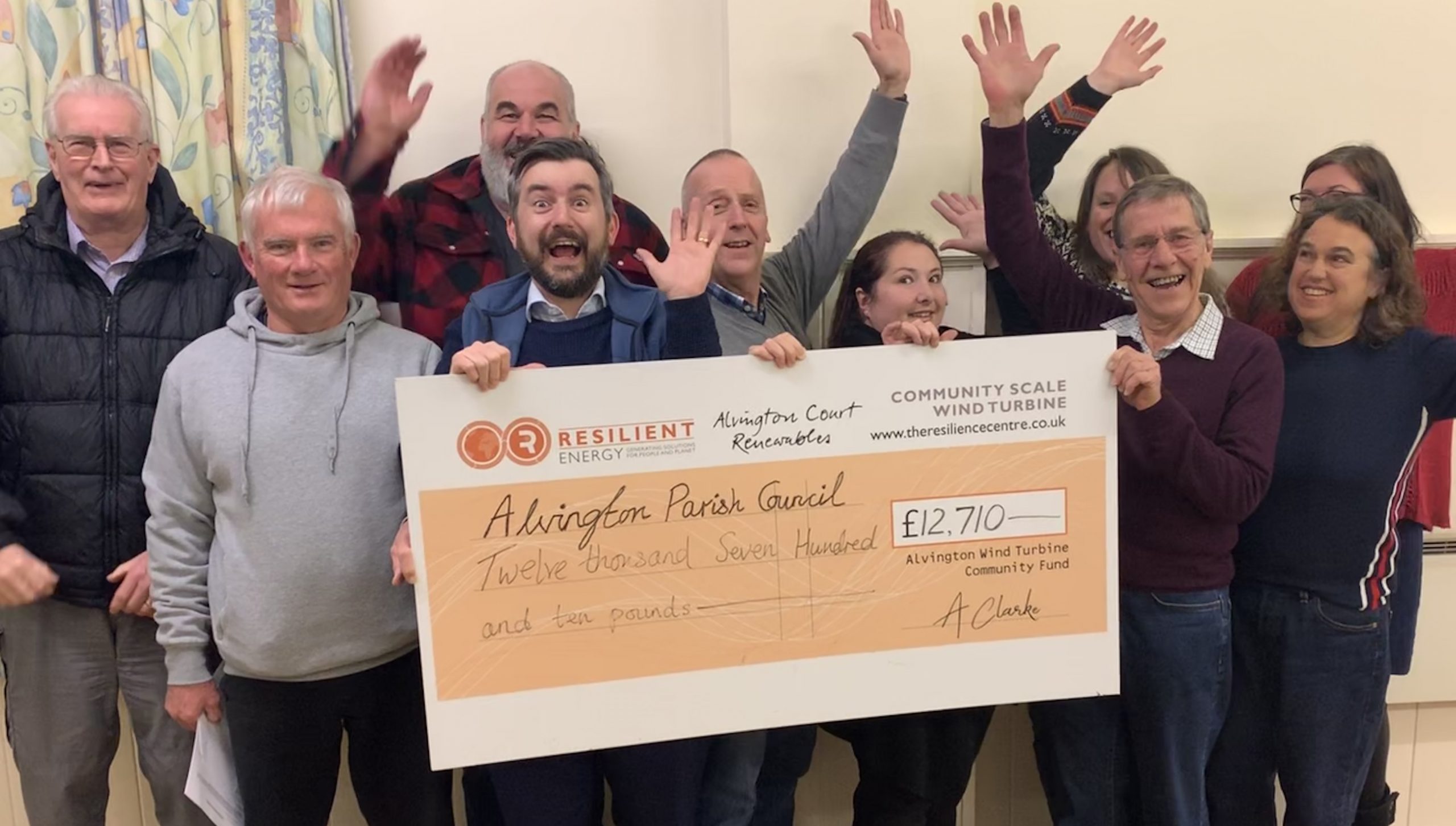This article first appeared in Pioneers Post, March 2021.
It can also be read here
The UK’s Social and Sustainable Capital is increasingly backing renewable energy projects led and owned by local communities. SASC boss Ben Rick explains why he’s excited about this overlooked part of the market – even if community energy projects aren’t always easy to implement.
The most recent government data shows that the UK renewables market has an installed capacity of 48.5GW which continues to grow each year. Tucked away in that figure is a part of the market whose relevance is growing, namely, community renewables projects. These are projects that a community organisation owns. Typically, they set aside some or all their surpluses to support local causes in the community.
Community Energy England’s annual survey shows that the community renewables sector in England now has an installed capacity of 264MW. While it is a tiny part of total capacity, it includes 300 projects spread throughout the UK and involves almost a quarter of a million people.
This is an area we are increasingly supporting. Our recently published 2020 Impact Report shows that Social and Sustainable Capital (SASC) has helped finance nearly one-fifth (18%) of this capacity. That includes funding some of the larger community projects in England. Our investment into this easily overlooked part of the market brings together several crucial strands of our work: decarbonisation, supporting community resilience and generating valuable social outcomes.
The UK will be hosting the COP26 meeting on climate in Glasgow at the end of this year. Nations that have signed up to the UN’s Paris Agreement will share what targets they have set for decarbonisation. The UK government has committed to reducing economy-wide greenhouse gas emissions by at least two-thirds (68%) by 2030, compared to 1990 levels. This is an ambitious target which creates a need to get everyone involved, not just major commercial players.
SASC invests to support marginalised communities. At a time when ‘levelling up’ is such a high priority for the UK, a renewables project can help to bring a community together. Not only do these projects create a local focus and sense of purpose – done well, they can also make the local economy more resilient.
Finally, community renewable projects can deliver strong social outcomes. Some of the surplus from each project can be channelled into local initiatives. Every investment SASC makes is based on a double bottom line. That is, it needs both to make a financial return and to create a social benefit in a local community. Every project we have invested in has set up a local community benefit fund to be spent on local programmes. Fittingly, an issue that many of these projects address is local fuel poverty.
Fuel poverty is a complex problem, bound up with broader issues of inequality, and it is a killer. Age UK estimates that 25,000 older people die each year because of the cold weather and 4.5m older people live in fuel poverty. Three key factors are involved: low income, high fuel prices and a household’s energy needs. Community renewables projects help to combat this in several ways. They can generate low-cost energy for the local community, or alternatively use their profits to mitigate high energy costs. Projects that are community-led use their local knowledge to direct profits in a way that delivers maximum social benefit. This could mean, for example, installing decent insulation or helping low-income families with their heating bills.
So why should a local charity or community consider a renewables project
Many of our borrowers run programmes supporting vulnerable people in their local communities. These organisations are seeing the Covid-19 pandemic cause increased demand for food banks and higher levels of fuel poverty. The combination of working from home, or unemployment, with home schooling means higher heating bills. The pandemic’s economic impact is likely to be protracted and to hit the most vulnerable hardest. Meanwhile, the climate crisis means we should all consider our impact on the planet and make adjustments. A renewables project in the local community can address all these points.
But projects like this should not be undertaken lightly. Each one is a substantial business that needs skills and experience. There is limited government support for a part of the market that has been overlooked in recent years. The gradual removal of subsidy and grants from the renewables sector means that while the economics of these projects are still positive, financial incentives are not as strong as they once were.
All the same, we still have a pipeline of enquiries that looks set to continue, from projects across the UK. We have set up a dedicated renewables investment committee to look at new deals. We’re also conducting research into the sector to make sure our next renewables fund is as agile and as well positioned as possible to help local groups. Our mandate is to provide flexible financing to outstanding, local charitable organisations. We aim to unblock markets and make things happen that otherwise wouldn’t. We predict that 2021 will be the year that renewables and addressing climate change will be at the top of the government’s agenda. Using our current and future funds, SASC aims to help local charities or communities play as big a role as possible in this vital area.


